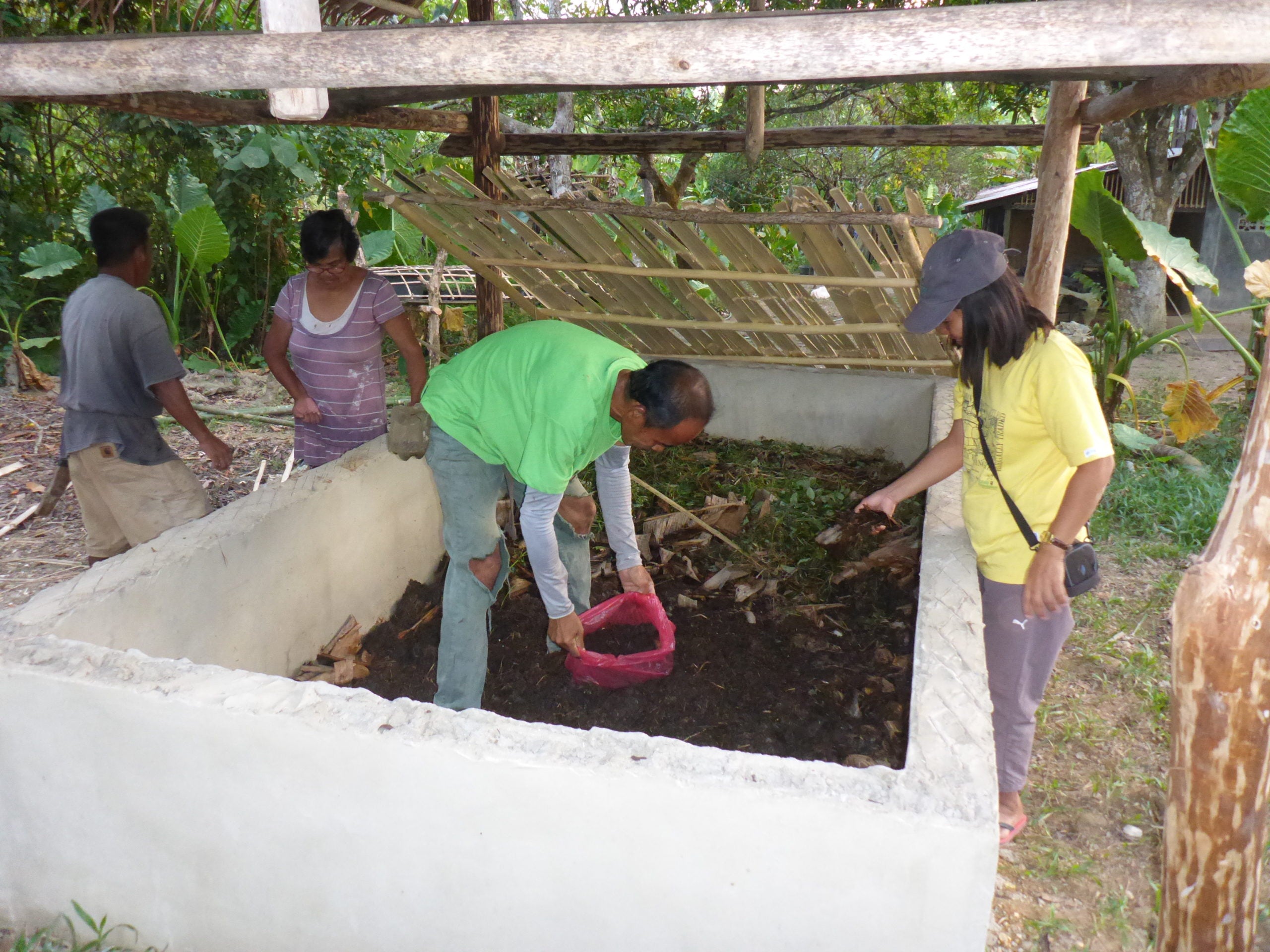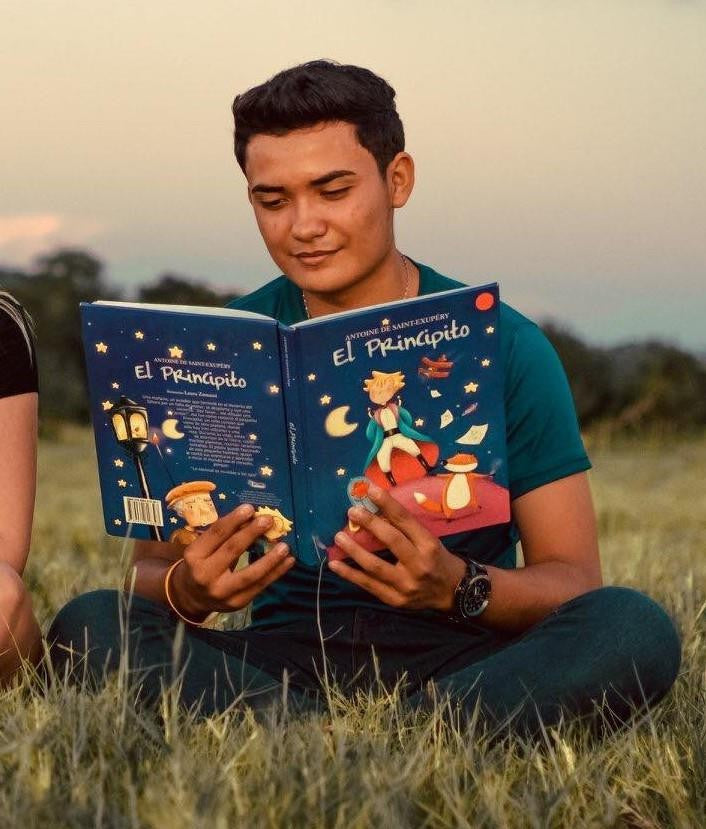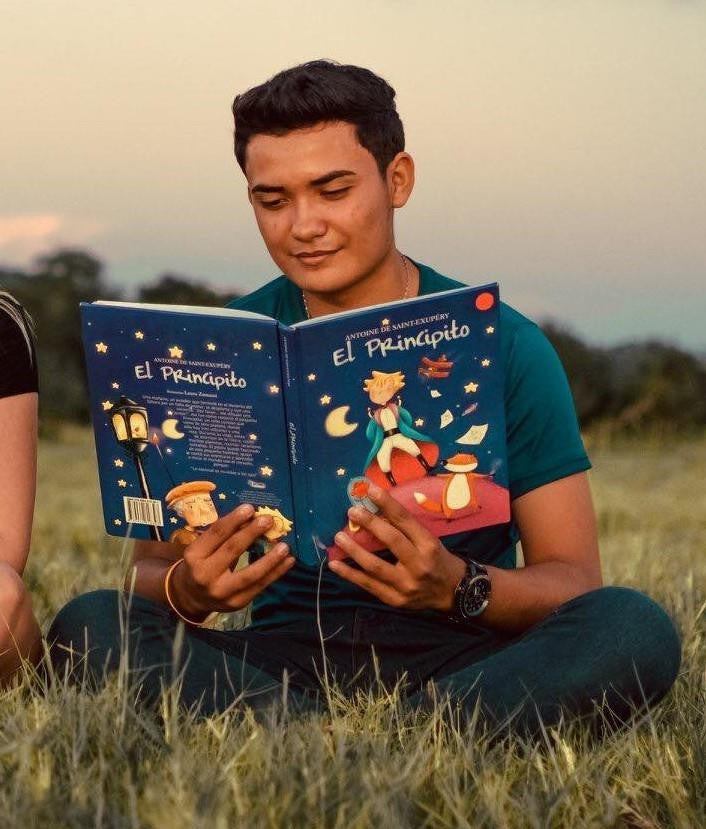Day 16
25 minutes of reading pleasure for three disadvantaged children in Nicaragua
 Never-ending stories with four-wheel drive
Never-ending stories with four-wheel drive


Books for children in rural Nicaragua

need
Access to books and additional educational opportunities for children in rural Nicaragua.
activity
The bookmobile and its staff provide access to books, teaching materials, workshops and courses for one day per week in a remote village.
Measurable performance
Number of reading hours in the bookmobile for Nicaraguan children.
Result
The children are skilled in reading and are improving their academic performance.
Systemically relevant impact
More children in rural areas complete school and have the opportunity for social and economic advancement.
background


The good deed
AboutNicaragua
Managua
Capital city
6,454,500
Population
$4,790
Gross domestic product
per capita per year

Rank 126 of 189
Human Development Index
(Human Development Index)




